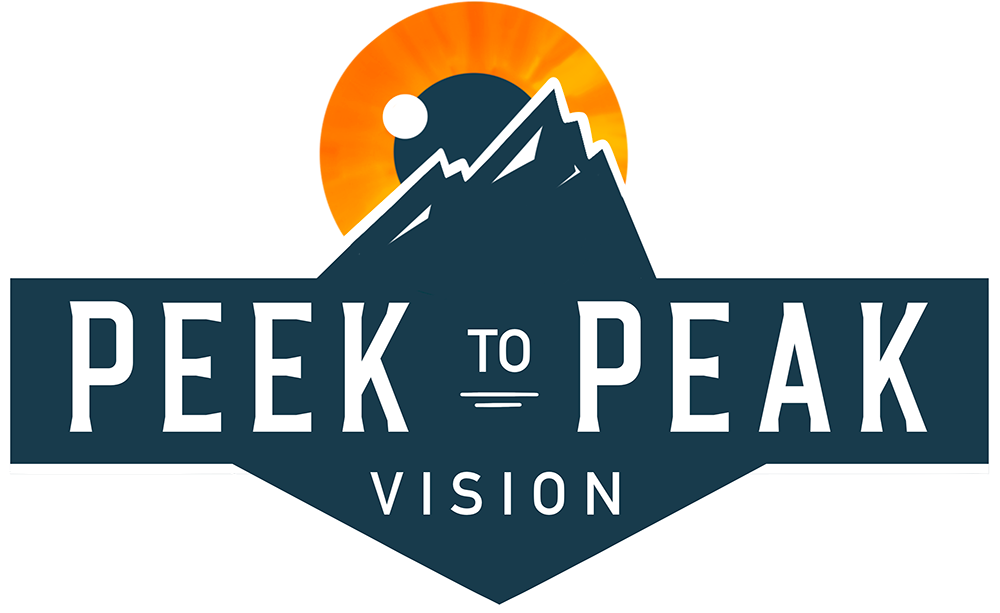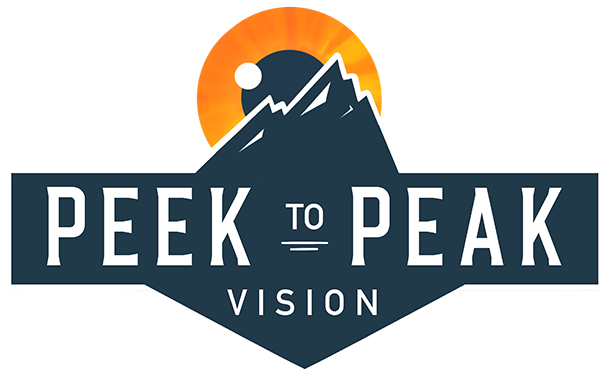
If you’ve been dealing with symptoms like headaches, nausea, dizziness, brain fog, fatigue, light sensitivity, or difficulty focusing—even months or years after your concussion—I want you to know this: your symptoms are real.
Too often, the longer it’s been since an injury, the more people expect you to be “back to normal.” Yet you don’t feel like yourself. That’s the problem with functional conditions—there’s often no structural damage to point to.
That’s where functional optometry—specifically neuro-optometric rehabilitation—can help.
One study, cited over 170 times, found that 82% of concussion patients had some form of oculomotor (eye movement) issue, with convergence and accommodative insufficiency being most common. These issues often fall under the radar of general concussion care but can have a massive impact on daily life.
In my career, I’ve worked with numerous patients struggling after brain injuries. Some, unfortunately, can't tolerate traditional therapy because symptoms are so intense. Others stop because financial strain or symptom flares keep them from attending or doing home exercises.
While I appreciate the efforts of physical and vestibular therapists, their training may not fully address foundational visual issues. As a result, their therapies may come too soon in the healing process—before the visual system is ready.
That’s why we created Peek to Peak Vision Group Sessions, which aim to:
Help you understand why you're experiencing your symptoms
Provide tools to ease symptoms so healing can begin
Offer a supportive space to connect with others going through similar experiences
Deliver affordable, accessible care so you can conserve your resources for additional treatment when you’re ready
You don’t have to go through this alone—and you don’t have to just “accept” your symptoms. There’s hope, and help, available.





